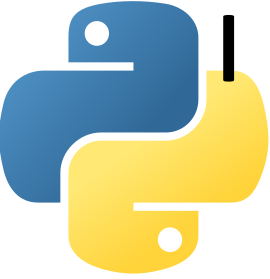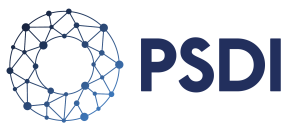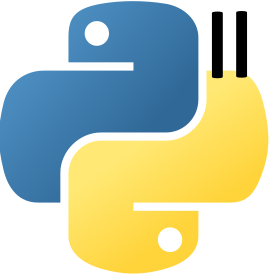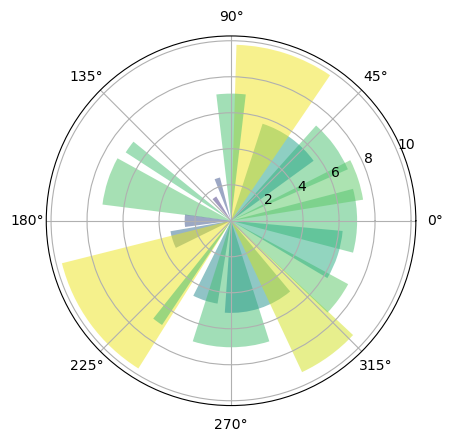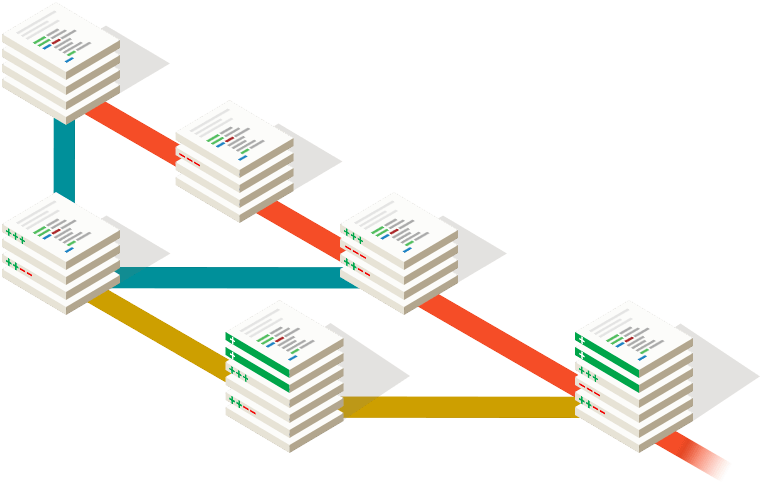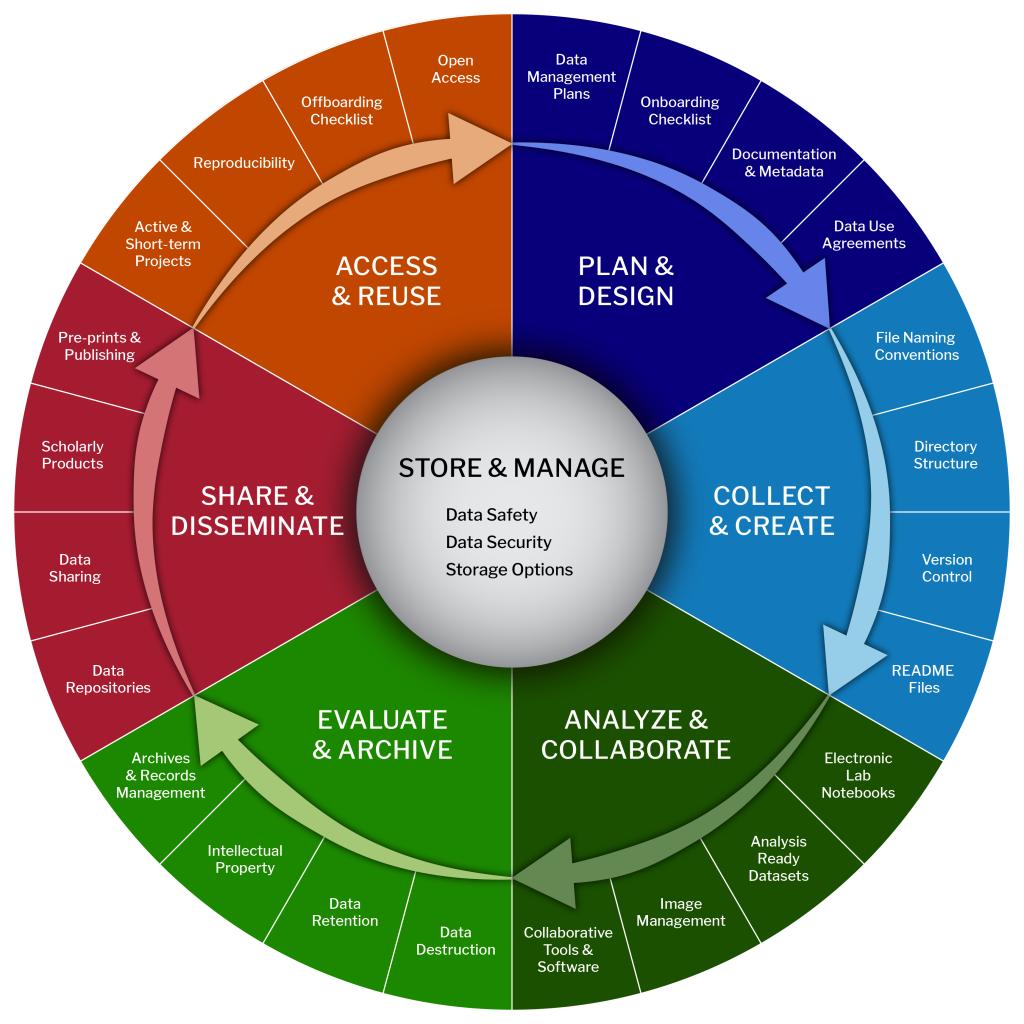Welcome to the Physical Sciences Data Infrastructure (PSDI) Moodle, here you will find a number of skills training courses on topics that are useful to a modern scientist in the physical sciences.
Some courses on Moodle are available as either a guest or a logged in user, to get the most out of your experience we suggest using the login button on the top right to use your PSDI profile to log in. Once logged in you will be able to access the quizzes associated with courses, track your progress as well as get access to coding based courses.
Guest access is available to all, logged in access is available currently to all UK academics.
If you have any feedback on the Moodle, please use this Form to provide it
